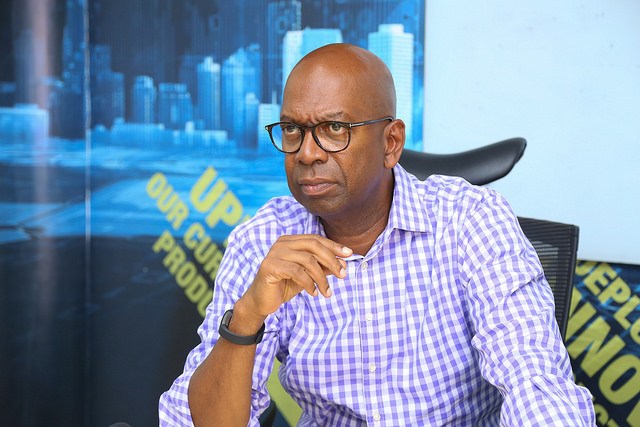Bob Collymore A quick search of “ Safaricom Dominance ” reveals that this has been an issue in the Kenya telco space for a while now, as early as 2015, probably earlier. Since then, the battle has always been that Safaricom is a dominant player which makes the telco space in Kenya unbearable for competitors.
A few months ago, a report was released with remedies on how to handle Safaricom and allegedly reduce its dominance in the market. Since then, Safaricom’s competitors have been calling for the industry regulator to implement these recommendations, which among them recommend that individually tailored loyalty schemes and promotions be prohibited, Safaricom cannot introduce any new products unless it is replicable by competitors and compulsory sharing of infrastructure.
These three recommendations are what Safaricom’s CEO, Bob Collymore focused on in the 800 words article published in the Daily Nation . “By global standards, we are not a big company, but we appreciate that in the Kenyan context, we are rather large. However, our size should not be used as an argument to punish our success,” he said.
Mr Collymore explains that Safaricom is not against the declaration of dominance, To be clear, Safaricom is not opposed to a declaration of dominance: What we are concerned about are some proposed interventions, which are anti-consumer and clearly targeted at punishing our success despite the absence of proof of abuse of dominance,” he writes.
The CEO says that implementation of the three recommendations would mean that offers such as Tunukiwa, Stori Ibambe, Maisha ni M-Pesa TU and possibly Blaze would be scrapped completely. “By hindering our ability to innovate, such an intervention would also be punishing our 30 million customers by denying them the opportunity to enjoy cheaper calling rates and participate in promotions, while those on other networks would be able to do so,” he adds.
Bob also questions how only allowing Safaricom to introduce services that are replicable by other players is encouraging innovation or protecting the consumer. On the matter of compulsory sharing of infrastructure, Safaricom points out that they invest around 30 billion shillings each year to improve their network coverage and terms the calls to forced sharing of infrastructure a reward to non-investing operators and a disincentive to investment.
